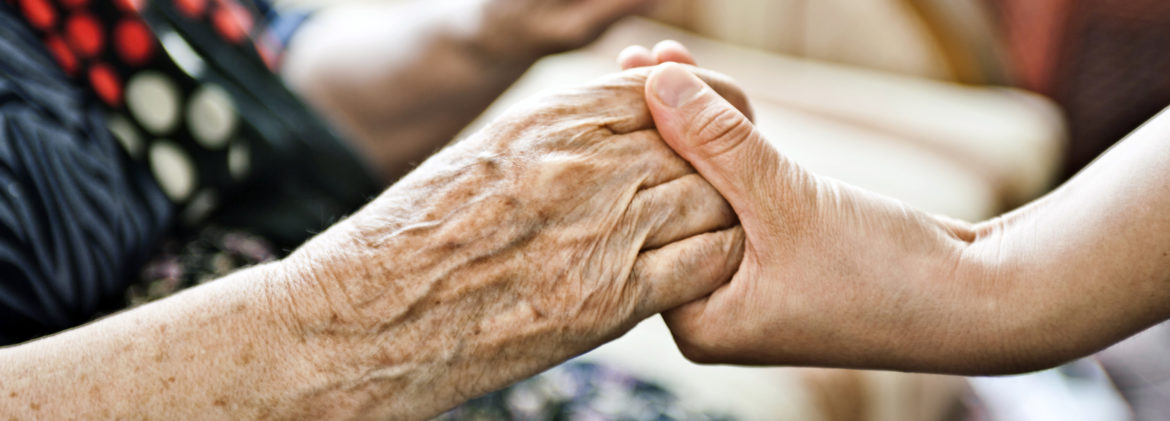By Bob Charest, Why Should You Care NH
If there were a silent crisis going on, and you found out about it, would you do something about it?

Bob Charest
Before you have a chance to answer, I’ll answer for you: Yes, you would, because you are someone who cares about what goes on in the community, and you realize from rational self-interest as well as good old-fashioned, never-goes-out-of-style compassion, (the kind of person that I and your parents all know you are!), that caring about your fellow man is top of your list.
This column is a bit of stretch for me. I usually use this space to rift on the intersection of technology and privacy, and how the choices we make online, or in our everyday lives, can seriously invade our entire world.
But recently, I attended several meetings, all of which had nothing to do with one another, but are connected to things I am doing in my own life. I say they had nothing to do with one another, but actually, nothing could be further from the truth.
What I discovered from attending all three meetings is that we are in somewhat of a crisis here in New Hampshire. One person aptly called it “a crisis of isolation, or desperation,” and I think that is accurate.
One of these meetings was a “Coffee and a Conversation” discussion session organized by the UNH Carsey School of Public Policy, the State of N.H. Bureau of Education and Training, and the N.H. Association of Certified Public Managers. The speaker was Will Stewart, executive director of Stay Work Play, an organization that essentially looks at ways to keep young people, namely young adults, families, etc., thriving in our state. You may not realize this, but New Hampshire is very good in the exporting business. Unfortunately, the thing we are very good at exporting is our high school students. In fact, we are Number 1 at it. So says Will Stewart.
After we educate them, they don’t stick around very long. Some of them come back. Many do not.
And the other hat I am wearing lately is as a member of the AARP-NH Senior Leadership Class, and we are looking at a phenomenon in New Hampshire appropriately known as “Aging in Place.” That’s what many of us want to do: Stay in our own homes, probably needing assistance as we get older and more needy.
However, as the Baby Boomer population moves up in age, our state tends to get older and older. We are not the state with the oldest average population (Florida will probably always hold that No. 1 spot.), but we are inching up.
In fact, one of the excellent presentations delivered before the AARP group was by Dr. Kenneth Johnson, senior demographer at the UNH Carsey School. He had a bunch of neat graphs and bar charts that showed among other things that New Hampshire is seeing a decline in the birthrate coupled with a rise in the death rate as we age. Migration streams show a steady gain of people moving into the state versus those moving out (a migration gain) through 2006, when the pattern shifted and we saw more people leaving than coming.
Johnson’s charts show that 42 percent of the state’s population was born here. That means most of us were not. A lot of us come from other states, but not a lot of us come from other countries, which Stewart in his presentation indicated was one of the concerns of younger people: not a lot of cultural diversity here.
But the eye-popping portion of Johnson’s talk indicated that New Hampshire is about to age rapidly. In 1998, our median age was 32.8 years old. In 2015, it was 42.8 years old. But especially telling is the graph that broke down the state’s 1.33 million people into age groups, and a major component (it looks like a big bump on the chart) of the population is in the age group 50 to 59, or 219,000 people. Those age 60 to 69 number 170,000, and those 70 to 79 number 87,000. That’s 476,000 people between the ages of 50 and 69.
That’s important as we all age here, because as we retire, who will replace us? More importantly, who will care for us?
But getting back to Will’s talk, which was based on a survey Stay Work Play did of 420 New Hampshire residents aged 20 to 40 over the period of Dec. 8-25, 2017, when asked if they had friends who lived nearby, 21 percent answered that they had no friends nearby. Let me repeat that. 21 percent. More than 1 in 5 people. No friends!
Groups such as Will’s and young professional networks around the state are working to change that. But really, this is shocking. One woman in the audience chimed in at this point and said she moved here with her husband 17 years ago, and after living around the United States, she said New Hampshire was by far the state where she had the hardest time making friends.
This is sad. It’s unnerving. And frankly, it’s embarrassing.
Which brings me to the third meeting I attended recently. It was an organizational session among media types to gauge interest in forming a statewide collaborative to report on some major issues that affect the entire state.
Asked what they saw as major issues to tackle under the framework of such a project, some of the editors and media pros in the room zeroed in on livable communities (something both the AARP folks and younger people in the Stay Work Play survey also highlighted) but eventually the discussion came around to the sense of isolation and lack of connection that many people feel, not just in New Hampshire, but everywhere. Is this, many of us thought as we sat there, the reason for the mental health crisis, school shootings, the opioid crisis, bullying, the extremely high suicide rate? Name an issue, and it probably comes back to this lack of connection some in our society feel.
I think people are onto something here.
My issues are not your issues. I don’t need inexpensive child care. I don’t ride the bus, so public transportation isn’t big on my list. I don’t have a drug problem, so what do I care if detox centers close? I don’t care if my town builds more affordable housing.
Or do I?
What have we done to ourselves in our society? As one person at Stewart’s talk pointed out, we have the ability through land-use regulations and government policy to make change, but as a town manager in a big town made clear, that land becomes so valuable that developers aren’t interested in putting affordable housing on it. That suggests to me: Someone has to make it attractive for them do it.
At the state level, when was the last time we heard of some initiative to help families? To make kids’ lives better? I recall a lot of hoopla over school choice, which sounded more like a way to take the money away from public schools.
In a state where the average age of legislators is 62, how well do you think they are doing in addressing the needs of the younger population? About child care availability, affordable housing, public transportation? I don’t know about you, but I’m not hearing a lot out of the hallowed halls of the Statehouse on any of these issues.
And no, I am not running for political office, but I do think we all need to look at these issues as we age here in New Hampshire. We’re in for a rocky ride if we don’t keep the place friendly toward everyone.
Bob Charest has been in the news business since 1977. He has worked at newspapers in Massachusetts and New Hampshire as a reporter and editor. A graduate of Boston University, he has consulted with InDepthNH.org on editing and grant proposals since before its founding in 2015. He usually writes on topics related to advances in technology and how they have affected our privacy in America.





